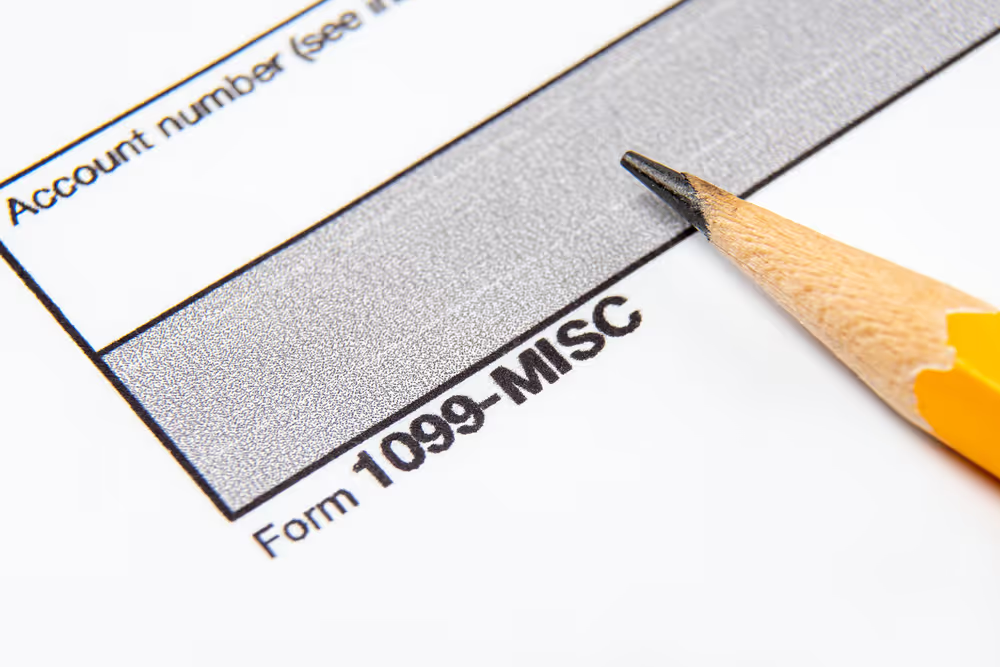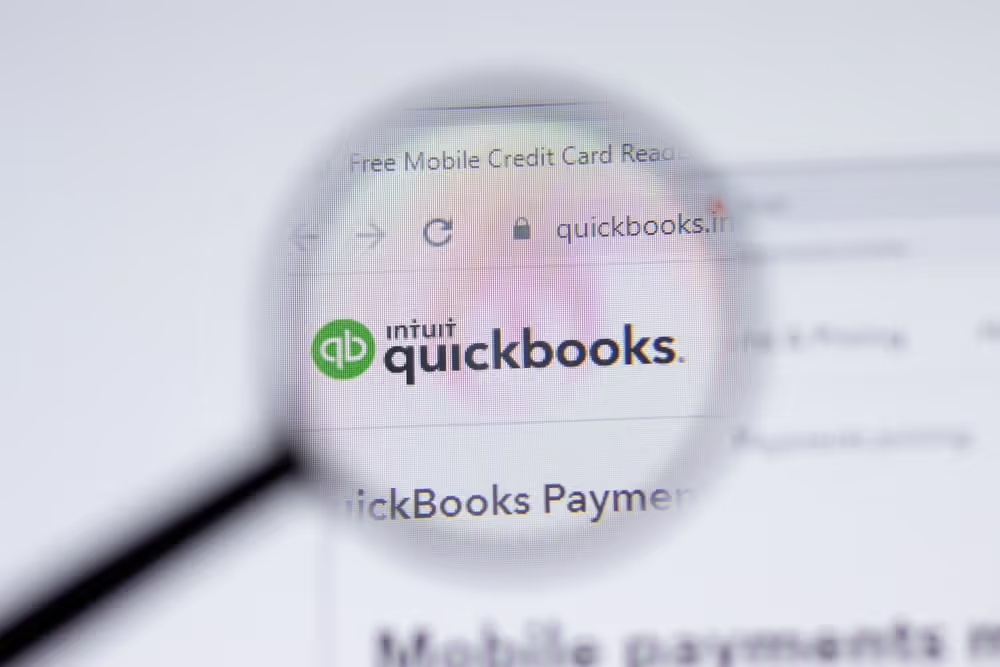Freelancers and Taxes: Essential Advice for Managing Your Tax Obligations
In today's rapidly evolving professional landscape, the rise of freelancing and contract work has empowered individuals to take control of their careers and work on their own terms. However, this newfound independence comes with its own set of responsibilities, particularly when it comes to taxes. Navigating the complex world of taxes as a freelancer can be daunting, but with the right knowledge and strategies, you can successfully manage your tax obligations while maximizing your financial well-being.
Understanding Your Tax Filing Status
As a freelancer, one of the first steps in managing your tax obligations is to determine your correct filing status. Most freelancers are considered self-employed, which means you're responsible for reporting your income and expenses on your tax return. However, if you receive a Form 1099-MISC from a client, they have reported your income to the IRS, making it crucial to ensure that your reported income matches the information on the 1099 form.
Organized Record-Keeping
Maintaining accurate and organized financial records is not only good business practice, but also essential for managing your taxes. Keep track of all your income and expenses throughout the year using dedicated software, spreadsheets, or even physical files. Categorize your expenses, which could include items like office supplies, equipment purchases, and even a portion of your home office expenses if applicable. By diligently tracking your finances, you'll be well-prepared when tax season arrives.
Quarterly Estimated Tax Payments
Unlike traditional employees who have taxes withheld from their paychecks, freelancers need to make quarterly estimated tax payments to the IRS. These payments cover your income tax as well as self-employment tax, which is your contribution to Social Security and Medicare. Failing to make these payments on time can result in penalties and interest, so it's crucial to calculate your estimated taxes accurately and plan accordingly.
Deductions and Credits
One of the significant advantages of being a freelancer is the opportunity to claim deductions and credits that can lower your tax liability. Common deductions for freelancers include expenses related to your business operations, such as travel, internet, and professional development costs. Additionally, if you use a portion of your home exclusively for work, you might qualify for a home office deduction. Be sure to research and understand which deductions and credits apply to your situation, as they can significantly impact your tax bill.
Retirement Planning
As a freelancer, you don't have the luxury of employer-sponsored retirement plans, but that doesn't mean you should neglect your retirement savings. In fact, contributing to retirement accounts can provide you with tax benefits while securing your financial future. Consider setting up a Simplified Employee Pension (SEP) IRA, a Solo 401(k), or a traditional IRA, depending on your circumstances and eligibility. These accounts allow you to deduct your contributions from your taxable income, reducing your tax liability.
Seek Professional Guidance
Navigating the complexities of freelance taxes can be overwhelming, and this is where seeking professional guidance becomes invaluable. An experienced Certified Public Accountant (CPA) who specializes in working with freelancers and self-employed individuals can provide tailored advice and strategies to optimize your tax situation. They can help you understand the intricacies of deductions, credits, and tax planning, ensuring you're making informed decisions that align with your financial goals.
Contact Demian & Company CPAs Today
Freelancing offers a world of opportunities and freedom, but it also requires a solid grasp of tax management. By understanding your filing status, keeping organized records, making timely estimated tax payments, and taking advantage of deductions, you can navigate the tax landscape with confidence. Remember, retirement planning is as important as immediate tax concerns, so explore options that offer both financial security and tax benefits.
As tax regulations evolve and your freelance career develops, it's crucial to have a trustworthy partner who can guide you through the changing landscape. Being an independent contractor or small-business owner significantly complicates your tax situation, and it’s a good idea to have a professional in your corner who can help you navigate these new complexities. Demian & Company CPAs specialize in assisting freelancers, contract workers, and business owners with their tax planning and preparation needs. Our expertise and commitment to staying up to date with tax laws can provide you with peace of mind as you focus on growing your freelance career. Don't hesitate to reach out to Demian & Company CPAs for personalized assistance—take control of your taxes so you can make the most of your freelance journey.
%20(1).avif)
Peter Demian is a highly-rated CPA specializing in accounting and tax services for individuals and businesses across 49 states. He offers expertise in tax strategies and assistance with IRS settlements.


.svg)





